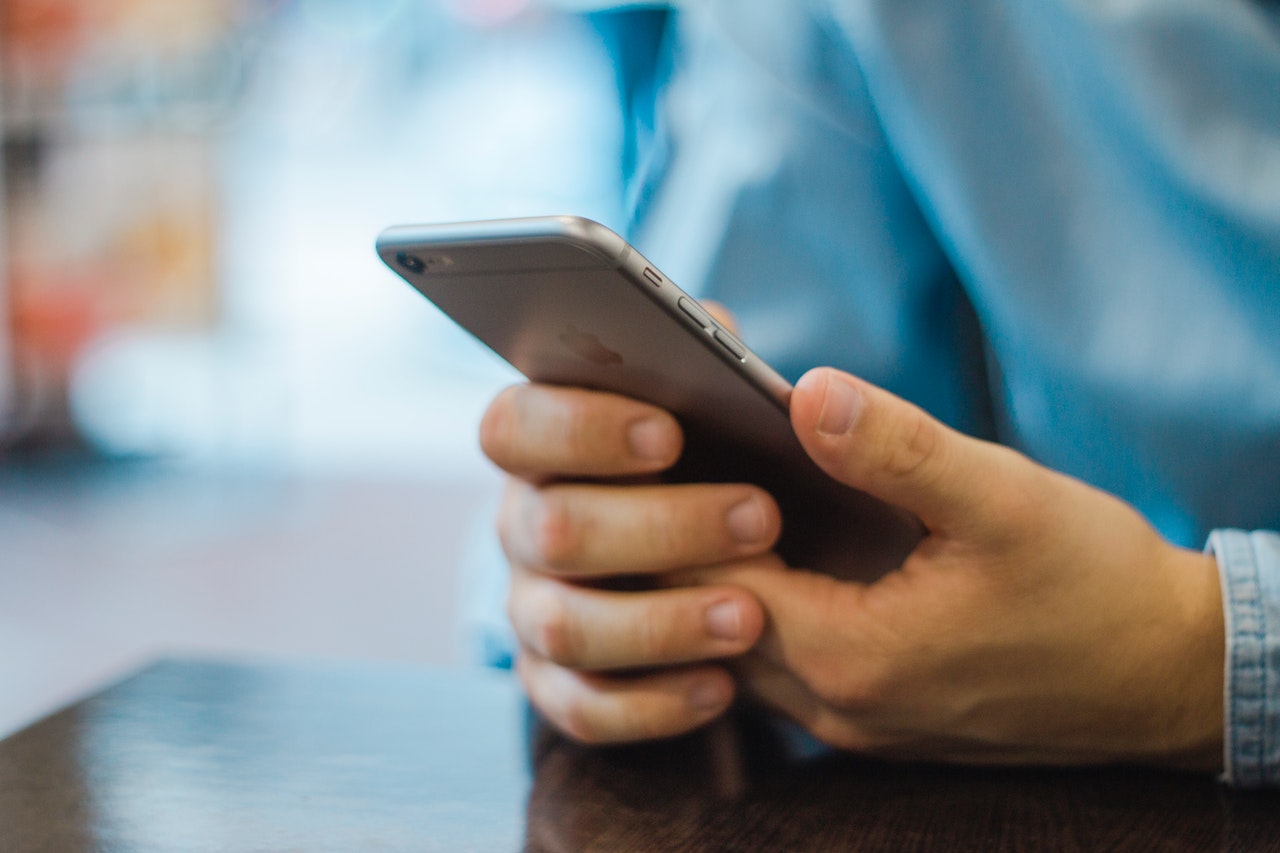We have access to an endless supply of information at the tip of our fingers. Cell phones give us the ability to inform ourselves on current events, research topics, complete work tasks, engage in gossip, compare products to make purchases, and so forth. They are convenient and seemingly a tool for simpler connections. Yet, they can have a negative impact when overused.

Phones + Addiction
To put it into perspective, at least 81% of the US population owns a smartphone, and the percentage will likely continue to rise. As a culture, we rely on our phones to maintain relationships, be in the know, and to do business. However, for some, it is nearly impossible to establish a reasonable period for usage. Smartphone overuse is an impulse control issue. Like substance use addiction, smartphone misuse involves a loss of control, excessive behavior, withdrawals from not using, and a preoccupation with thoughts about practicing the habit. While some researchers argue that obsessive phone use is not an addiction and rather an impulse issue, overusing can enable addictions like gambling, sex and pornography, and shopping.
Similar to substances, cell phone usage releases dopamine. The brain is rewarded when it is stimulated by social interactions, tempting it for more. That is why many people feel compelled to check notifications minutes after closing their phone. To note, smartphone abuse often occurs concurrently with underlying mental health issues like anxiety, loneliness, and depression.
Issues That Arise
People with social anxiety, high extroversion, and self-esteem issues are most at risk of developing a dependency on mobile devices. Moreover, phones serve as a social crutch for awkward situations or when alone in social gatherings, making it a go-to coping method to reduce stress. Unfortunately, the immediate relief cell phones provide can exacerbate the problem.
Spending too much time glued to a smartphone can disrupt your wellbeing. When you are plugged into your phone, scrolling and taking in so much content, you detach from the present moment and risk living in a fantasy, or worse, jeopardizing your relationships and finances.
Time taken away from the present eats up time from connecting with family and friends face-to-face, and completing projects. And, the more time spent online on social media, the greater the likelihood of comparing oneself to others, and as a result, depression and low self-worth may manifest.
Exaggerated phone use is especially risky for those prone to addictive patterns. With smartphones, it is easy to become engrossed in online gambling, bidding, shopping, and virtual porn or sex services which can eventually lead to debt.
Signs You Are Addicted
- You have “nomophobia”, the fear of being without your phone, and develop anxiety or anger without access to it
- It is habitual to reach for your phone during awkward silences, uncomfortable situations, boredom, or alone time
- Performance in school and work decline because of the excessive phone use
- It is not unusual to get “phantom vibrations”, the perceived feeling of your phone receiving notifications when it is not
- Relationships with family, friends, and colleagues suffer due to having limited time to spend with them
- Social interactions with loved ones or people throughout our daily schedule become difficult or awkward
How to Decrease Use
- Create some separation: Put your phone on Do Not Disturb while you work. You can attend to important messages through your computer to decrease getting distracted.
- Sleep without phone: Before going to sleep, place your phone in a different room or far enough from your bed that you cannot reach it at arm’s length so you are not drawn to using it in the middle of the night, affecting your sleep quality.
- Turn it off: Know when it is an appropriate time to shut off the world. This can include while eating with others, during movies, and at family events.
- Reward yourself: Allow yourself 15-30 minute phone use after completing a task.
- Delete social media apps: Instead, use a desktop web browser for social media
To learn how to get help for addiction in Sherman Oaks, call Trauma and Beyond Center ® at (818) 651-0725.

